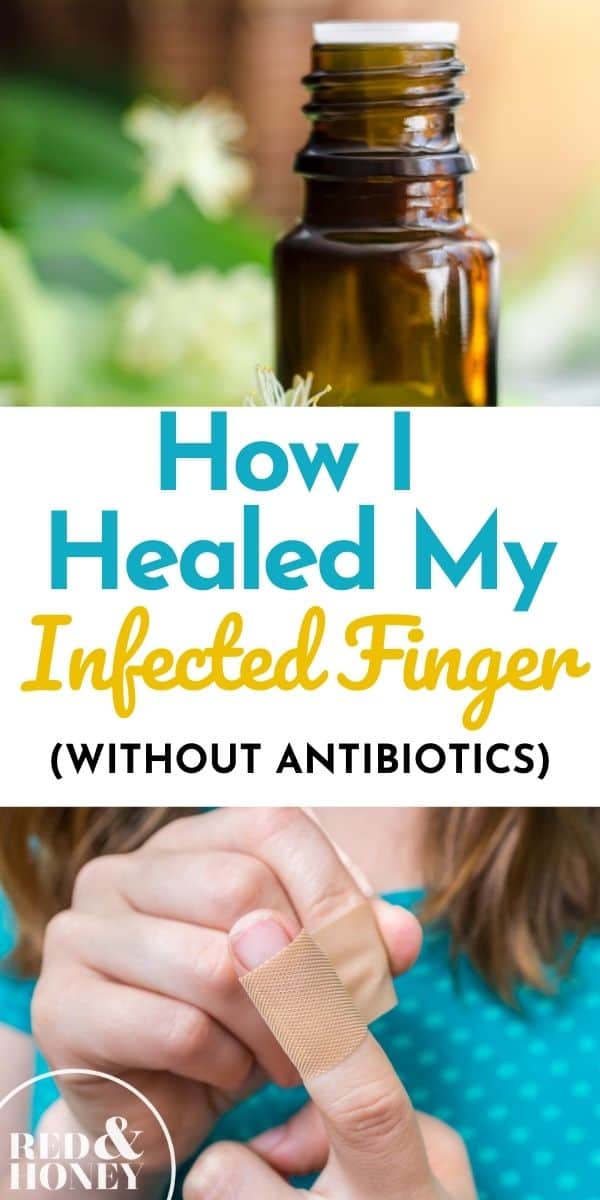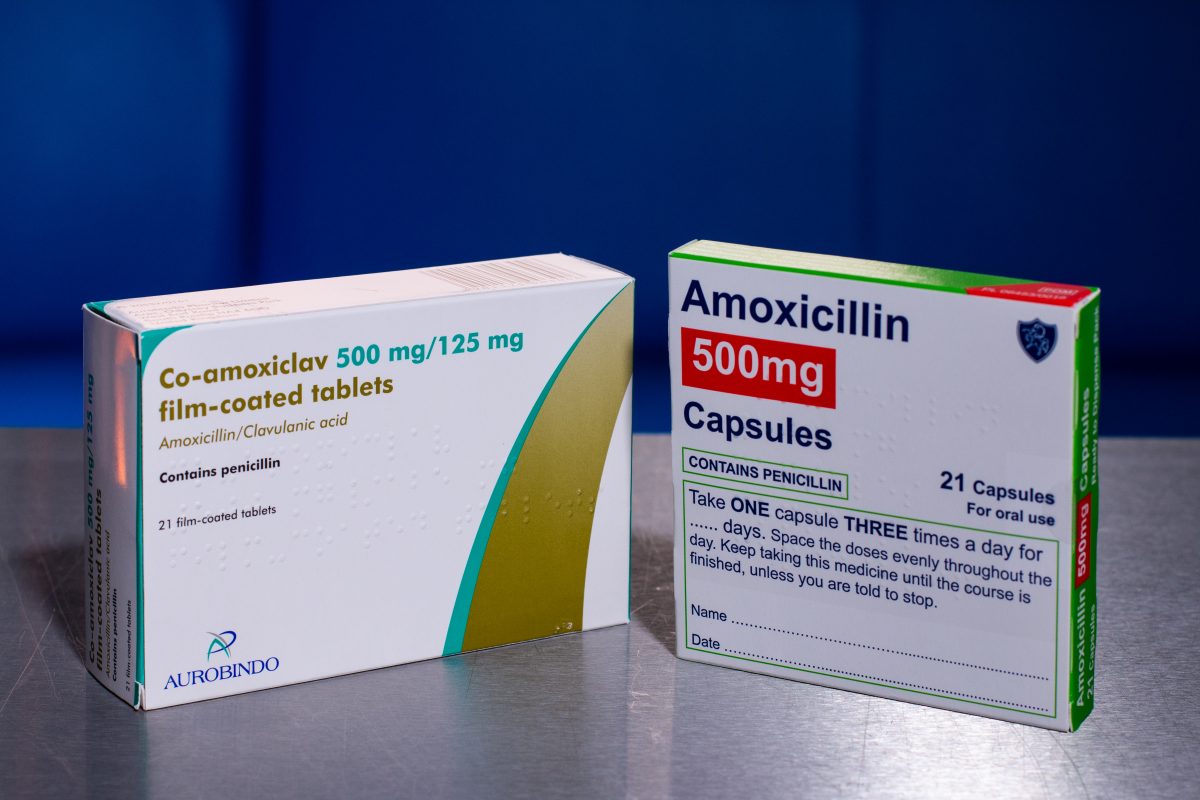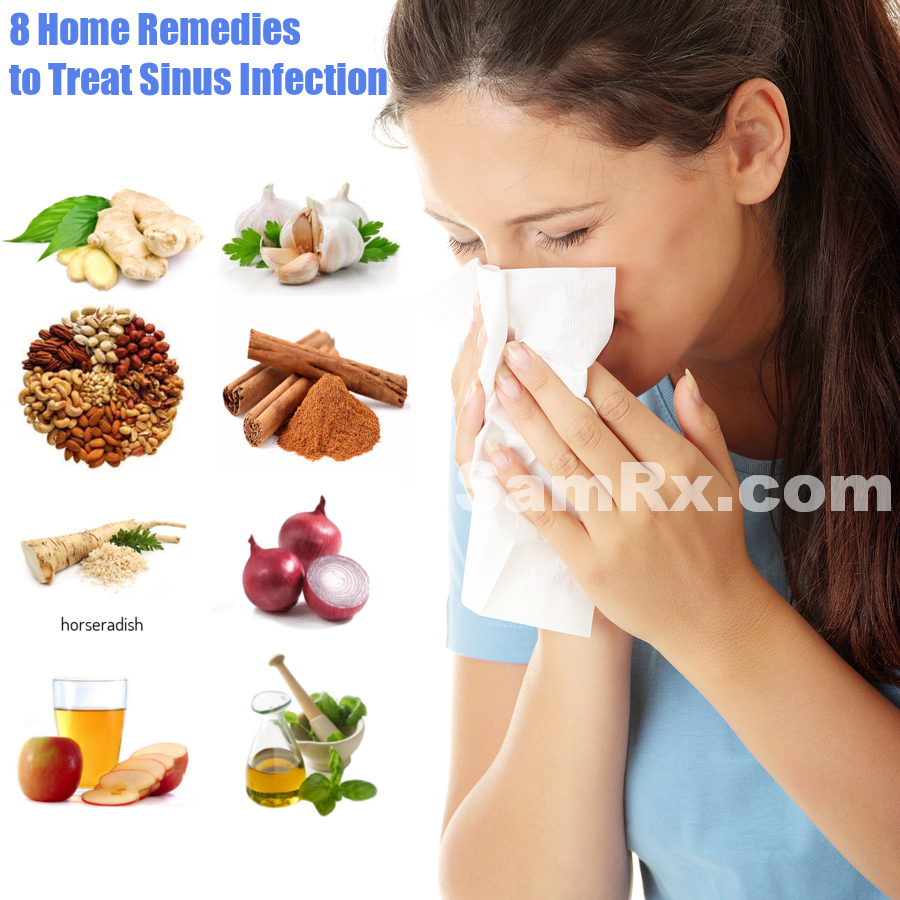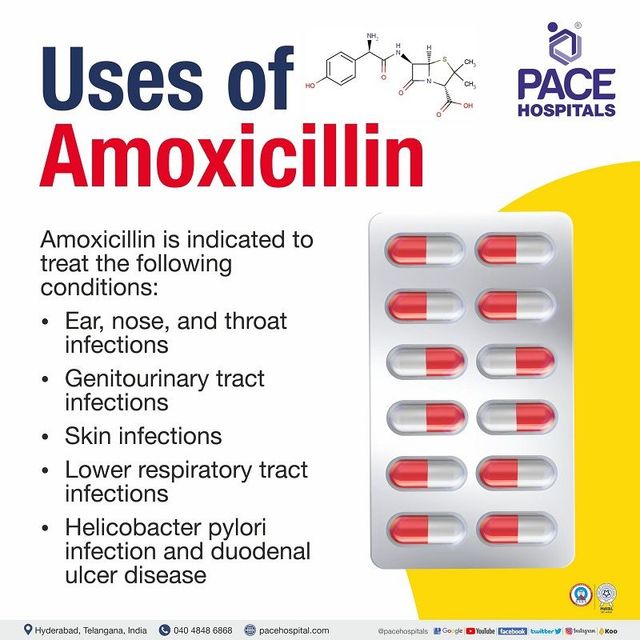Glory Info About How To Treat Chest Infection Without Antibiotics

If you have a chest infection, you should:
How to treat chest infection without antibiotics. If you have allergies, asthma or chronic. Bacterial infections are diseases that can affect your skin, lungs, brain, blood and other parts of your body. Most of the time, viruses cause upper respiratory infections.
Bloodletting was used as a medical therapy for over 3,000 years. Immune cells race to the. A pharmacist can recommend cough medicines to loosen the mucus in your lungs.
Generally doctors dont prescribe medicines for chest infection only in case of chronic pneumonia because these are high dose antibiotics causing severe threats to. It originated in egypt in 1000 b.c. Severe or complicated chest infections may require treatment in a.
When you have chest congestion due to an infection like the common cold or bronchitis, you can get relief with home remedies and treatments that get rid of mucus. How to treat a chest infection at home. Do not routinely offer an antibacterial to treat an acute cough associated with an upper respiratory tract infection or acute bronchitis in patients who are not systemically very.
You can most likely treat the. If it's not clear whether you have pneumonia or another chest infection, you may be offered a blood test (called a c‑reactive protein or crp test) to help decide whether you need. 5 minutes published 22/09/2023 posted in health hub last updated 22/09/2023 need help treating a chest infection?.
Drink lots to prevent your body becoming lacking in fluids. Aureus ), which causes many. Viruses don’t respond to antibiotics.
However, symptoms of the common cold, flu and more severe. Can antibiotics treat upper respiratory infections? Studies show garlic and its derivatives effectively fight salmonella, eshcerichia coli ( e.
Cough medicines are not suitable for. Bronchitis is inflammation of the bronchi, the tubular structures that bring air in and out of the lungs. Molly copoc health hub reading time:
Antibiotics are used to treat or prevent bacterial infections, but do not work against viruses such as colds and flu. A pharmacist can help with a chest infection. Home illnesses and conditions infections and poisoning chest infection chest infections are common, especially after a cold or flu during autumn and winter.
If your cough keeps you from sleeping, you might try cough suppressants at bedtime. With rest, sleep and plenty of water, you should start feeling better within 10 days without needing antibiotics. Coli ), and staphylococcus aureus.





:max_bytes(150000):strip_icc()/SinusInfectionRemedies_1191989_Final_1-b1ba1a6e6dfd456487524707c668bcd1.jpg)












